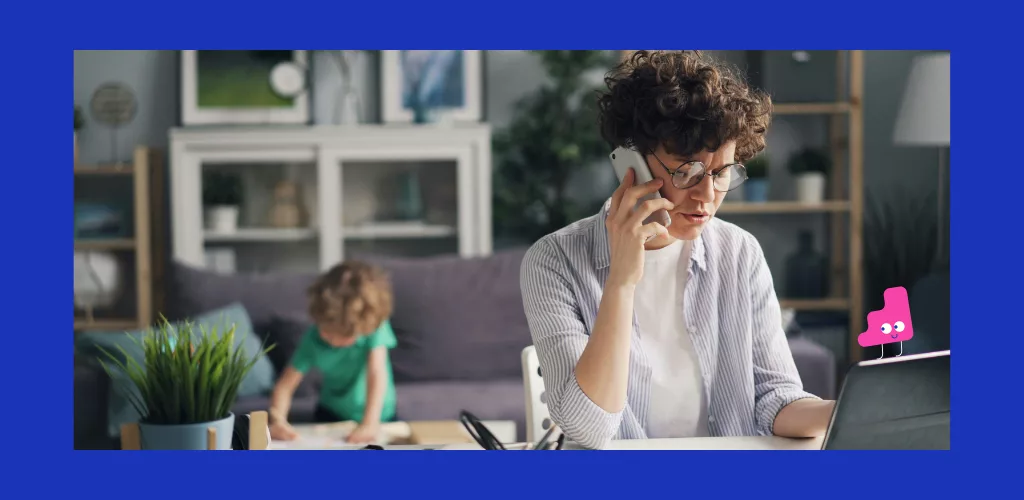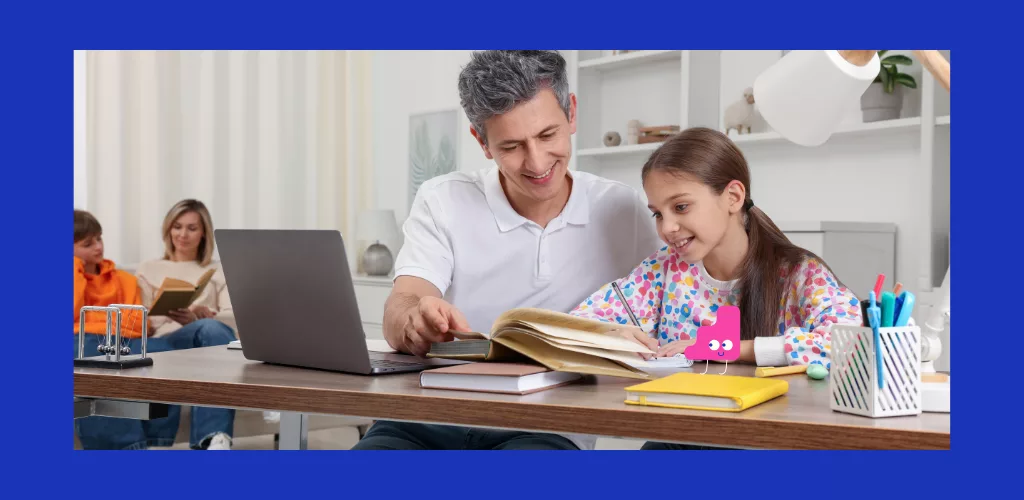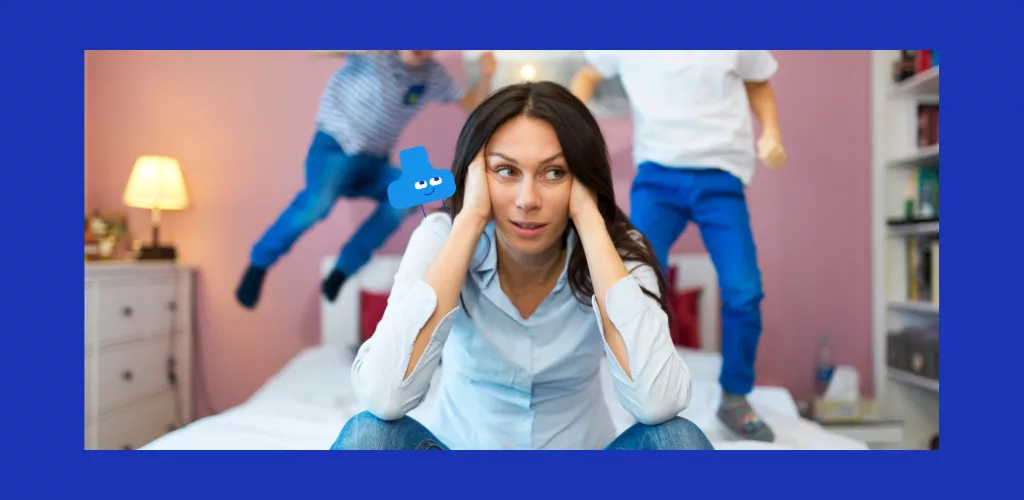We ask teenagers to choose their future.
But we don't teach them how to know themselves, or how to decide.
We talk a lot about school guidance.
And we often associate it with report cards, averages and boxes to tick on Parcoursup.
But guidance, is not an Excel file. It's an inner compass.
And this compass is built with human skills.
Soft skills: what schools (still) forget to teach
Soft skills are all those skills that can't be graded... but that count for a lot:
- Curiosity
- Perseverance
- Empathy
- Collaboration
- Critical thinking
- Self-confidence
They are invisible in notebooksbut they're at the heart of it all:
🔹 a fulfilling school career
🔹 an aligned orientation
🔹 and a future in a changing world
What scientific research tells us:
Why integrate soft skills into middle and high school?
Because the benefits are massive - and proven:
1. Greater academic success
→ Up to 3 months of academic progress per year, especially for pupils from disadvantaged backgrounds.
2. Reinforced professional integration
→ Better jobs, higher salaries, greater agility in the face of change.
3. More stable mental health
→ Less anxiety, more resilience, better overall well-being.
Bonus: in a world where jobs are evolving faster than diplomas, learning to learn is becoming THE key skill.
Guidance is not a box to tick
Too often, we define a child by his or her grades.
"Good at maths", "rubbish at history", "too right for this speciality".
But what if we changed the prism?
What if we asked them:
→ What are your human strengths?
→ What gives you energy?
→ In what activities do you really feel like yourself?
Identifying your soft skillsis one step closer to a meaningful career choice.
How can we help our children get to know themselves better?
Here's a simple and powerful exercise:
- List what he or she likes to do
(Playing in teams, tinkering, debating, inventing, helping others...) - Identify the subjects or fields that attract him/her
(Not necessarily those in which he has good grades!) - Link all this to key soft skills
→ "I like to tinker and invent" → creativity
→ "I like helping others" → empathy
→ "I play sports every day" → perseverance - Project career paths related to these skills
→ Design, engineering, psychology, journalism, care, etc.
This kind of introspection is done at 35 with skills assessments.
What if we did it at 15?
Orientation is an adventure (not a verdict)
Today's young people will have between 8 and 12 jobs in their lifetime.
They will often be freelancers. They'll change career paths.
So why make them believe that their choice at 17 is final?
What they need is not to choose a "good course".
What they need is to learn to know themselves, to decide, to adapt.
And to believe in themselves.
In the webinar hosted for Axiom AcademicI share:
- Concrete methods for identifying soft skills in teens
- Ideas for activities to build self-esteem and confidence
- A reading grid for a new approach to guidance
In a nutshell
✔ Guidance starts with self-knowledge
✔ Soft skills aren't a "plus": they're indispensable
✔ Parents, teachers, counselors: we all have a role to play
And let's never forget:
orientation isn't about choosing a career.
It's about learning to make your own path.




0 comments